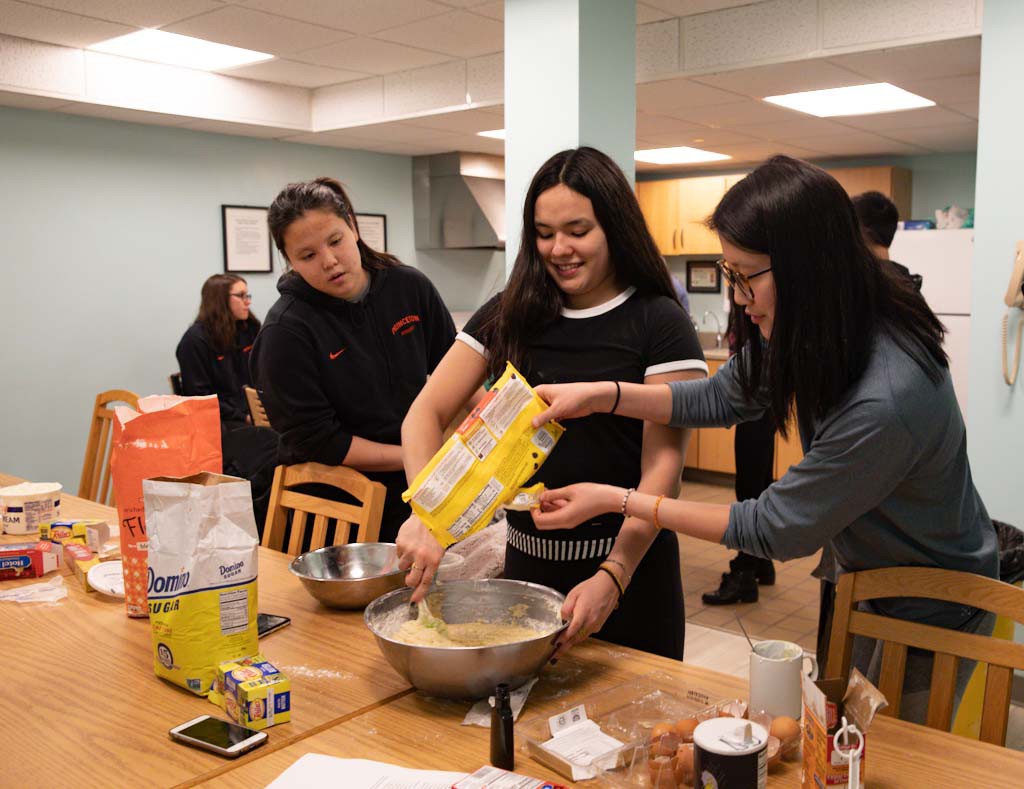When you arrive at Princeton, one of the first bits of information you will receive is a crazy statistic about the percentage of students who will change their concentration from what they had initially planned to study. I remember feeling relieved to know it was okay if I didn’t have a detailed academic plan all settled the first month of my first semester.
I came into Princeton with a diverse array of academic interests. I liked journalism, entrepreneurship, history, religion, politics and public policy. The only thing I had decided on for certain was that I was not interested in science or engineering. Still, as a first-year student, I felt the pressure to know what I was doing, to take classes in “productive” fields and to fill as many requirements as I could my first semester.
One of the most valuable pieces of advice I received that first semester was to take risks -- to take upper level courses with small class sizes and to sign up for classes in subjects I knew little about in departments I had never considered. I was initially dubious. Why would I want to put myself at a disadvantage versus more experienced juniors and seniors? Wouldn’t it make more sense just to take Econ 101?
Yet, as my first semester began to take shape, I saw that taking risks was the right choice. I loved my small seminars – one with six students, another with three. I loved the chance to connect with professors and engage with new topics. I gained new confidence in my ability to approach difficult material in creative ways.
If I had not been pushed in this way academically, I would never have discovered my ultimate academic passion or been able to take the diversity of classes I have experienced at Princeton. It is for that reason that I chose to become a “Peer Academic Adviser” (PAA) for my residential college — First College. PAAs are upperclass students who are trained to provide academic advice to their peers. We work with specific “Zee” groups (short for “advisee”) within our assigned residential colleges and also serve as important sounding boards for the residential college community as a whole.
As a PAA, I have the chance to advise first years and sophomores still in the early stages of their Princeton academic journeys. While their academic backgrounds and ultimate goals may differ from mine, and they almost always have different academic interests (I’m a Near Eastern Studies concentrator.), I still feel as if I can help them make informed choices. My experiences, positive and negative, can be leveraged to help students find their passion and take their own risks when setting out on their path.
I look forward to advising sessions during informal study breaks or in more focused settings. Whether it is advising first-years registering for courses for the first time or working with sophomores making final choices about a concentration, there is something very satisfying about acting as a sounding board and giving the kind of advice that has made my Princeton experience so meaningful.







